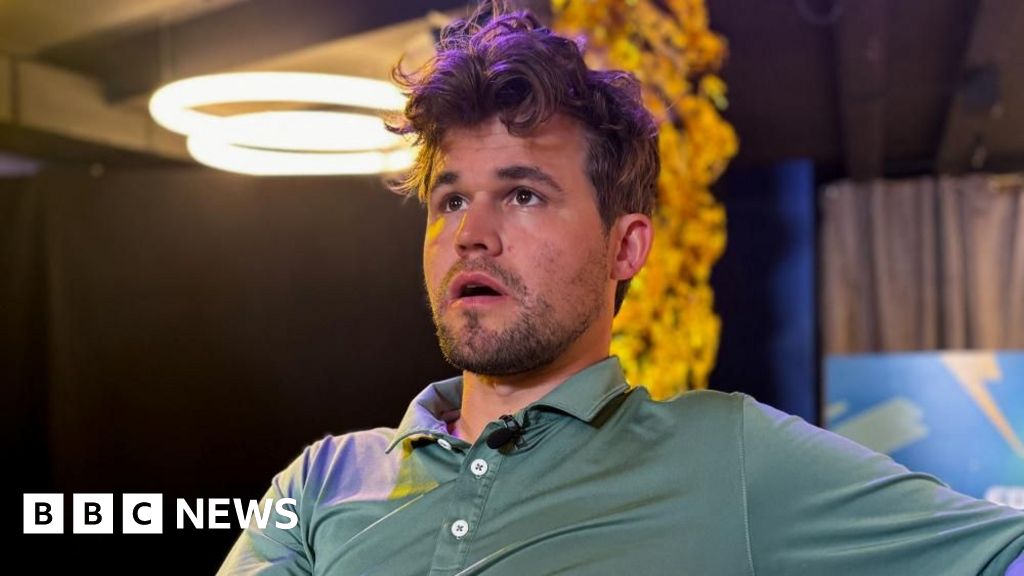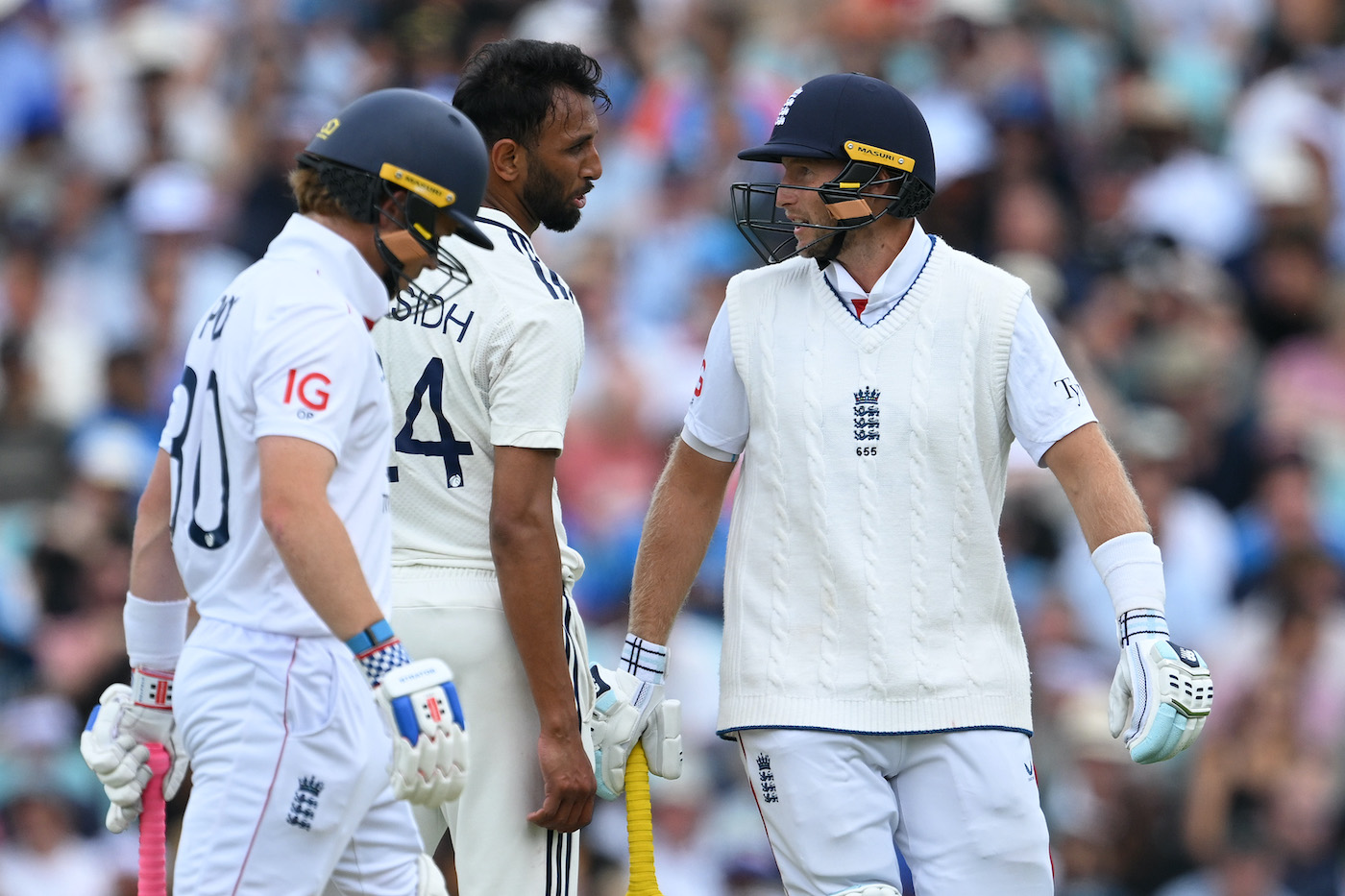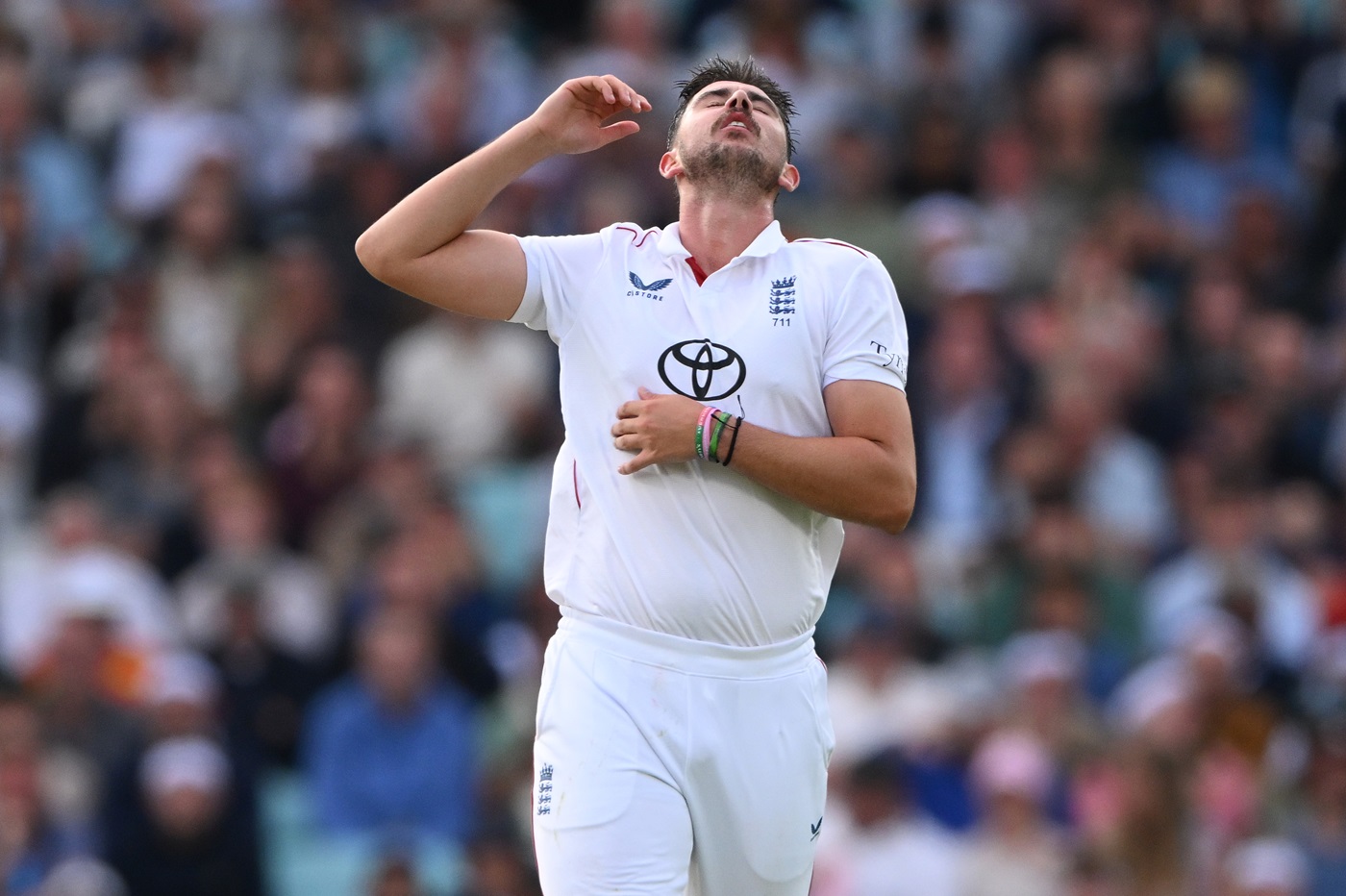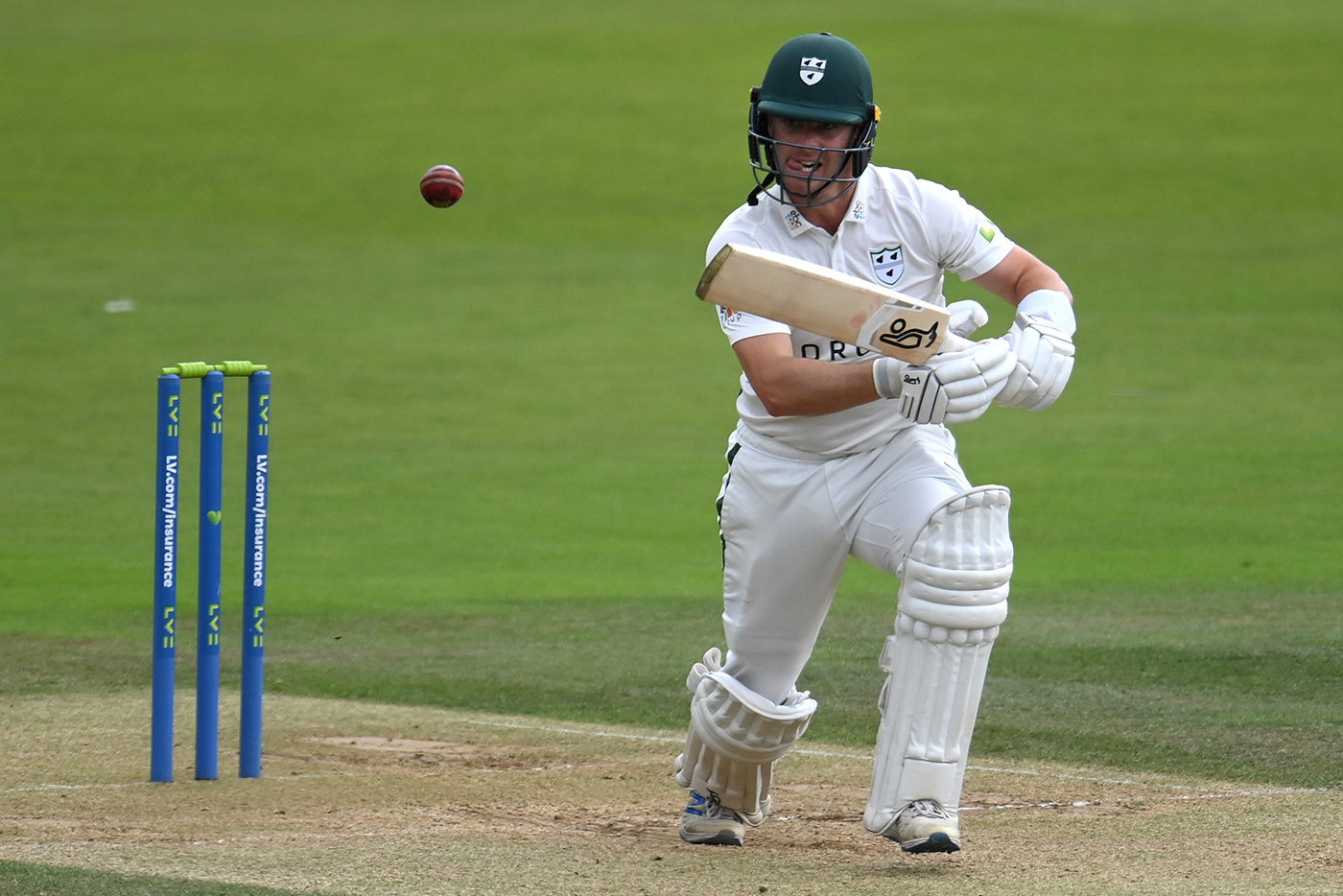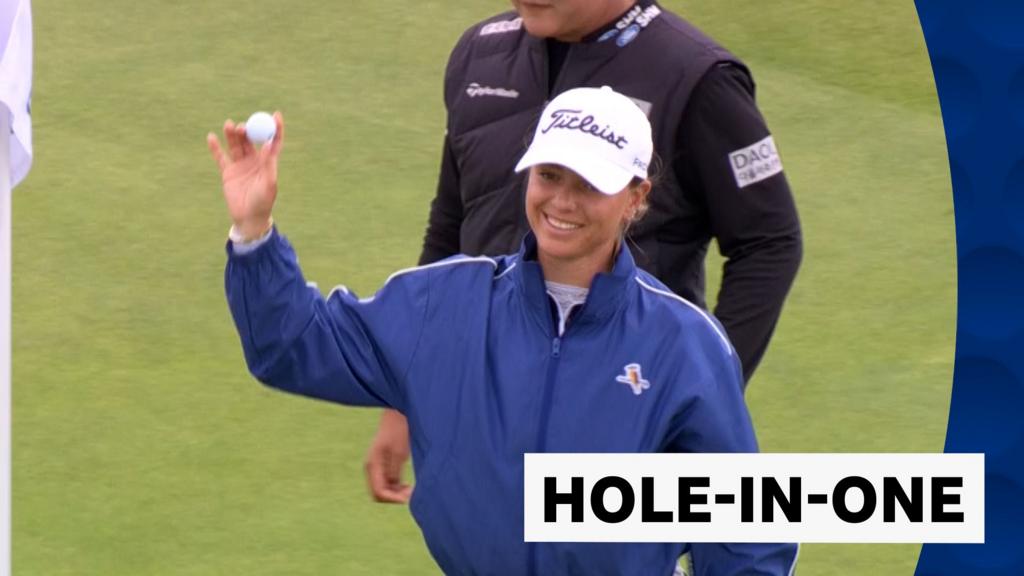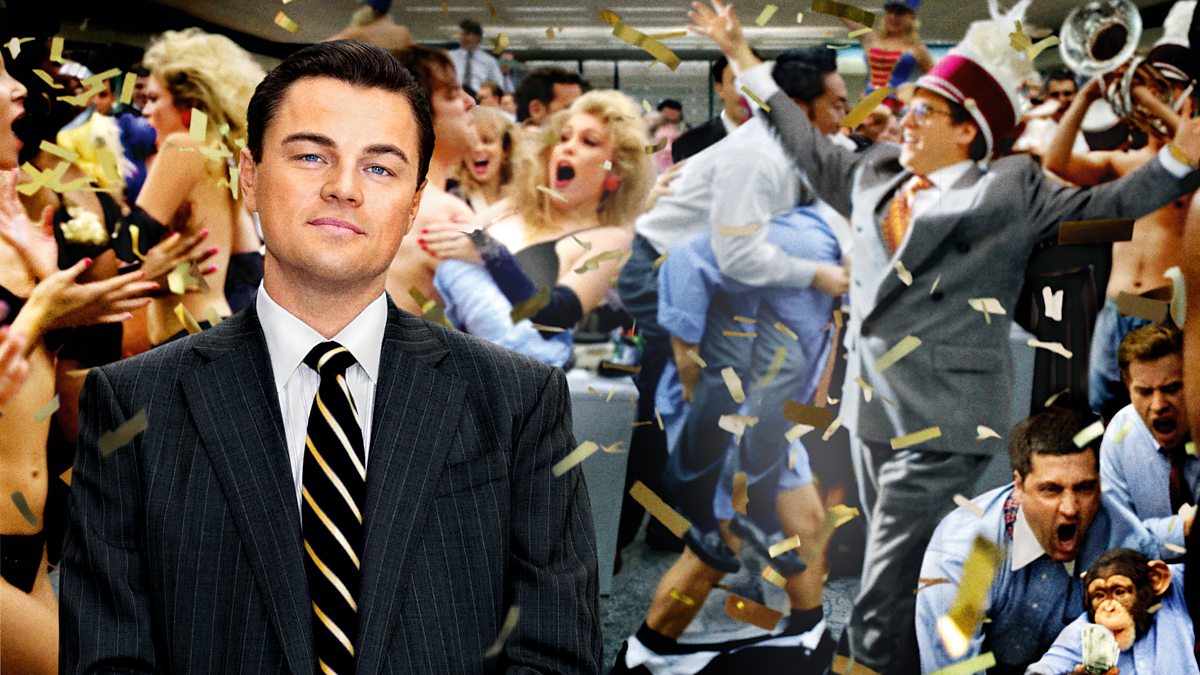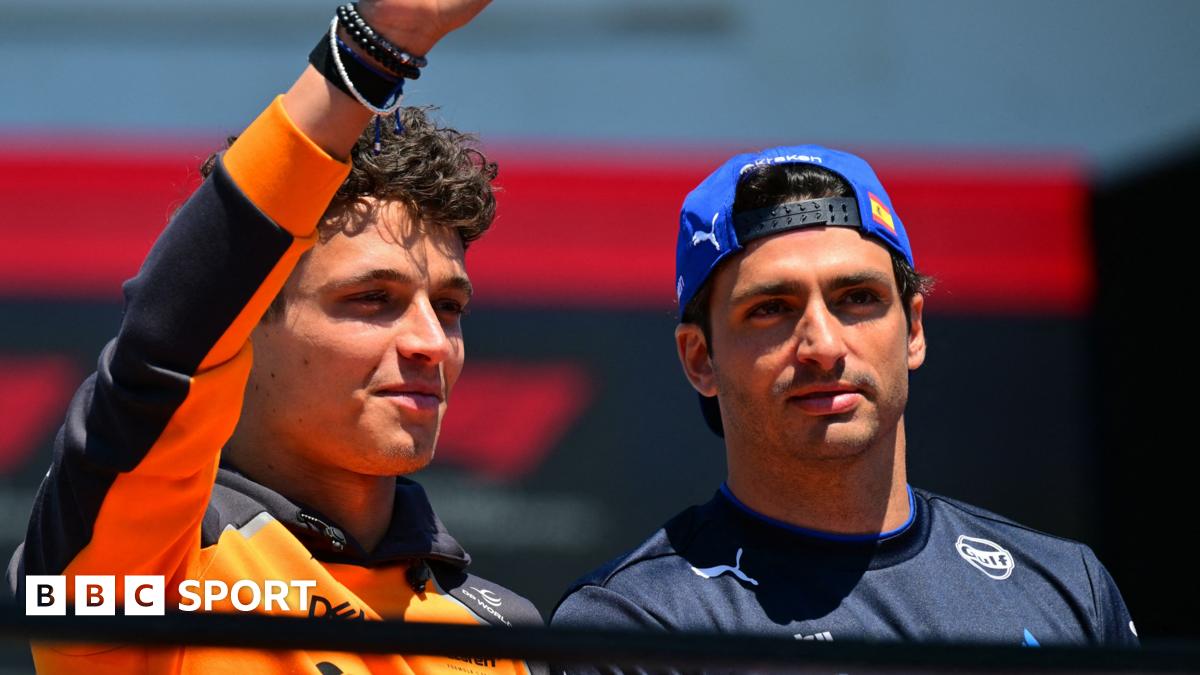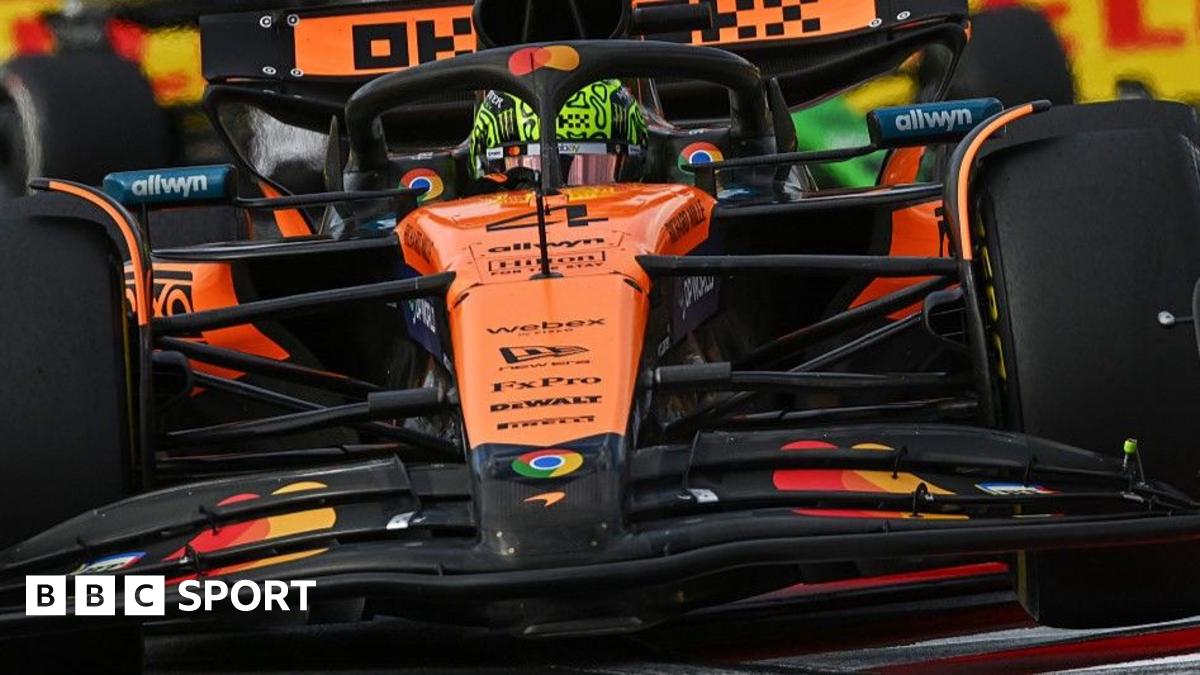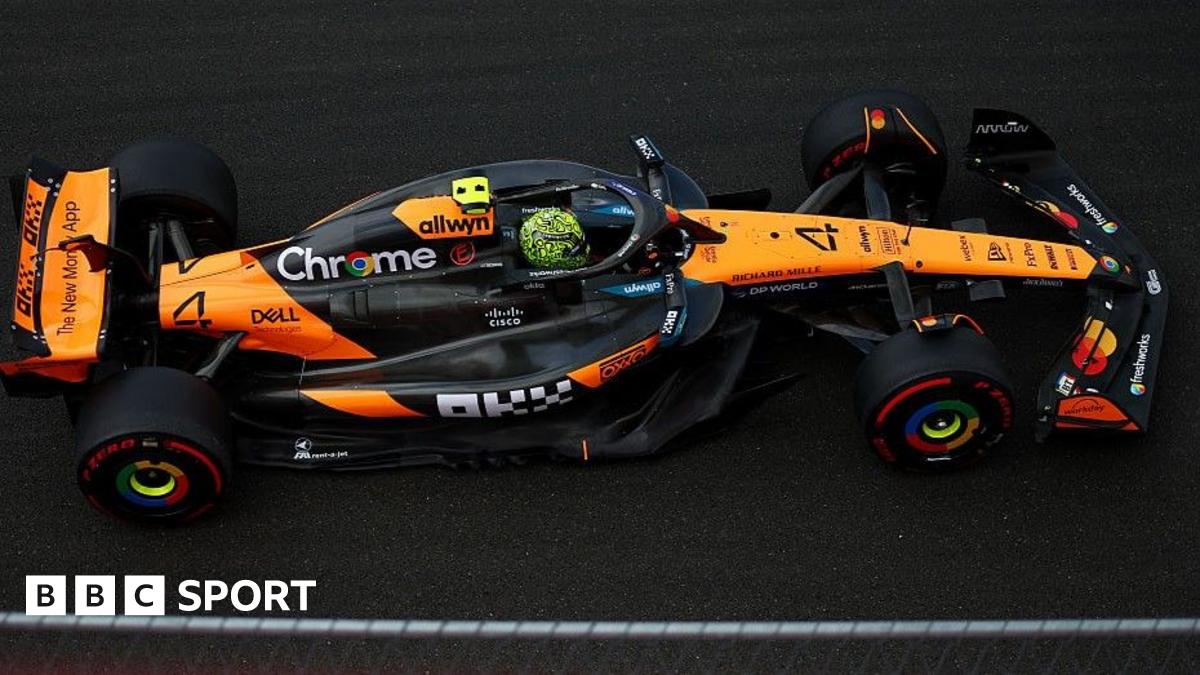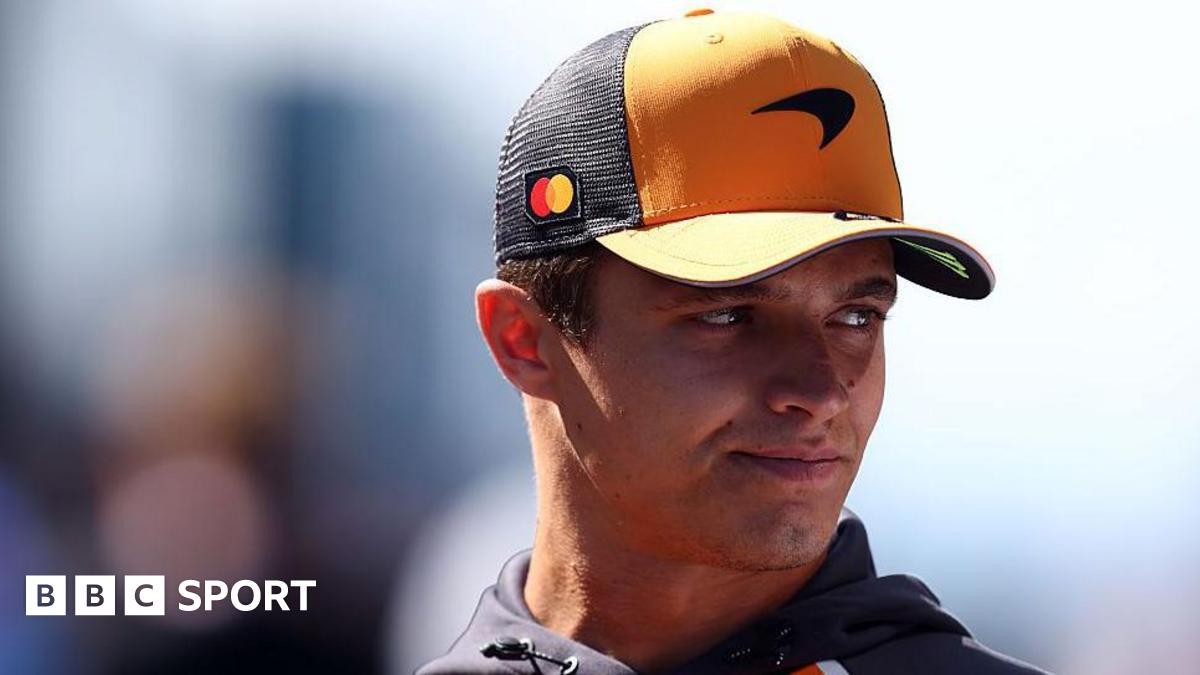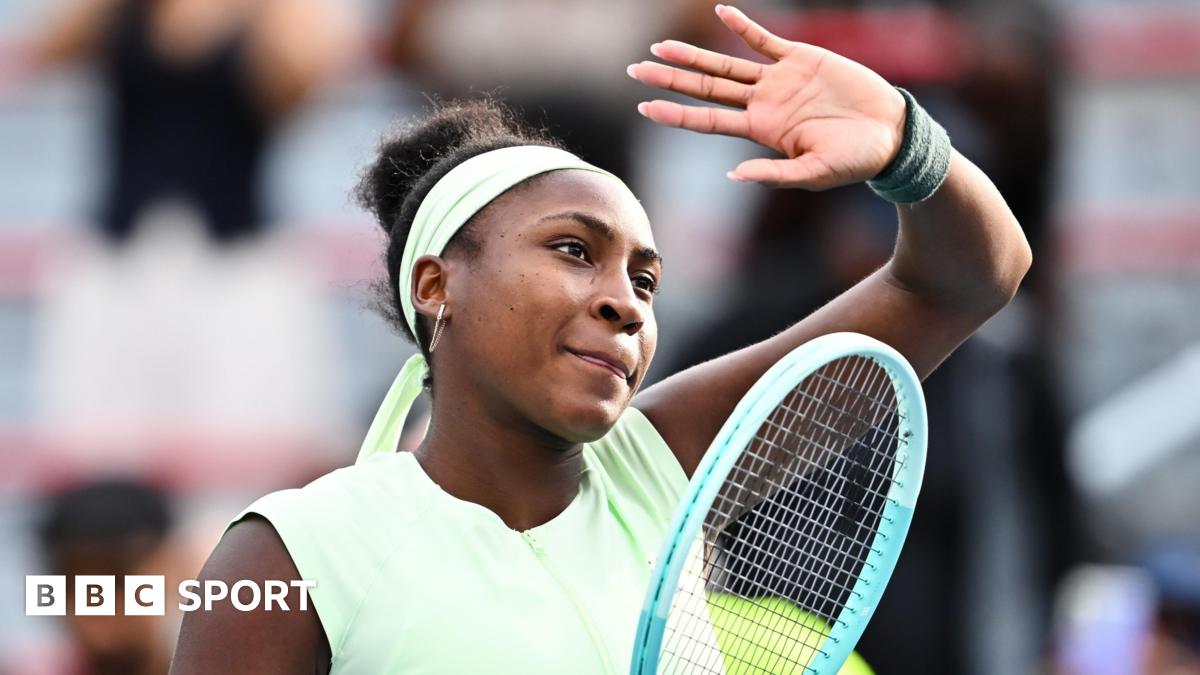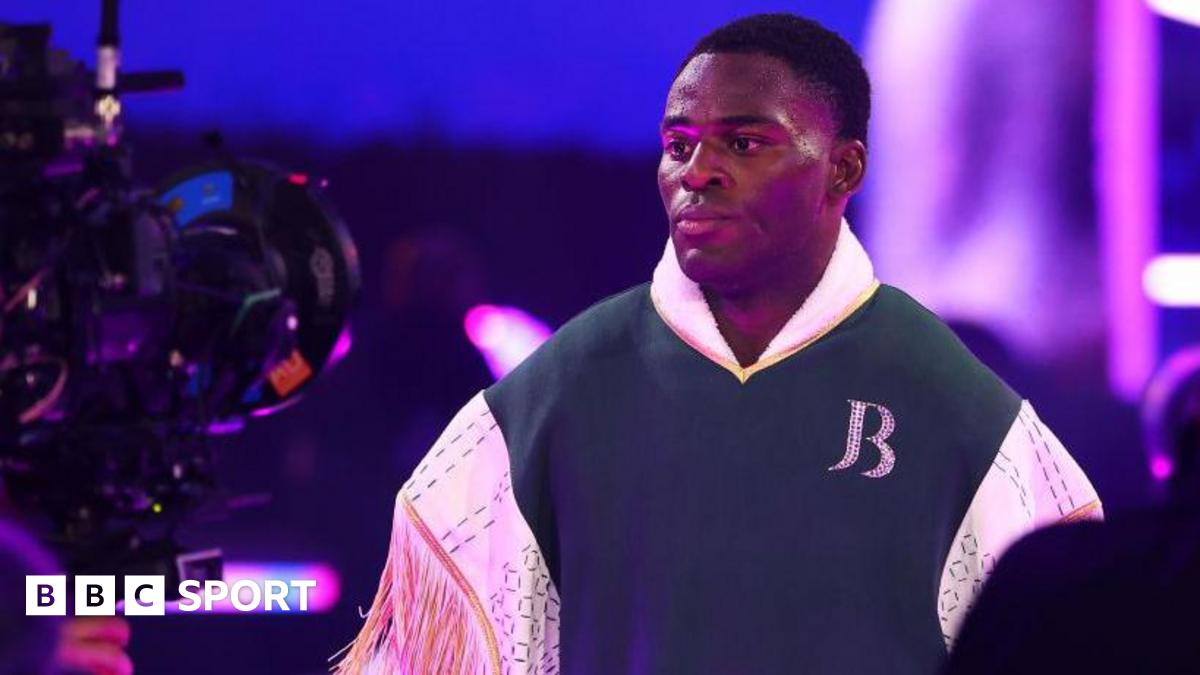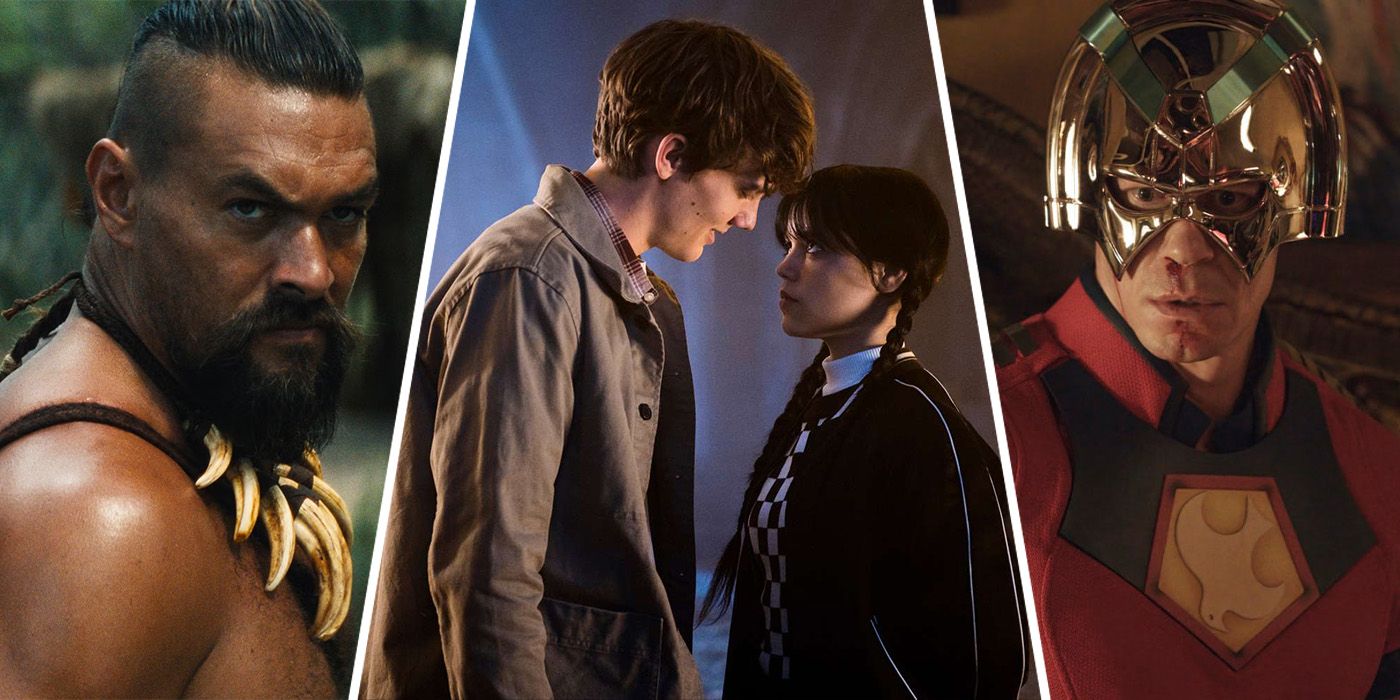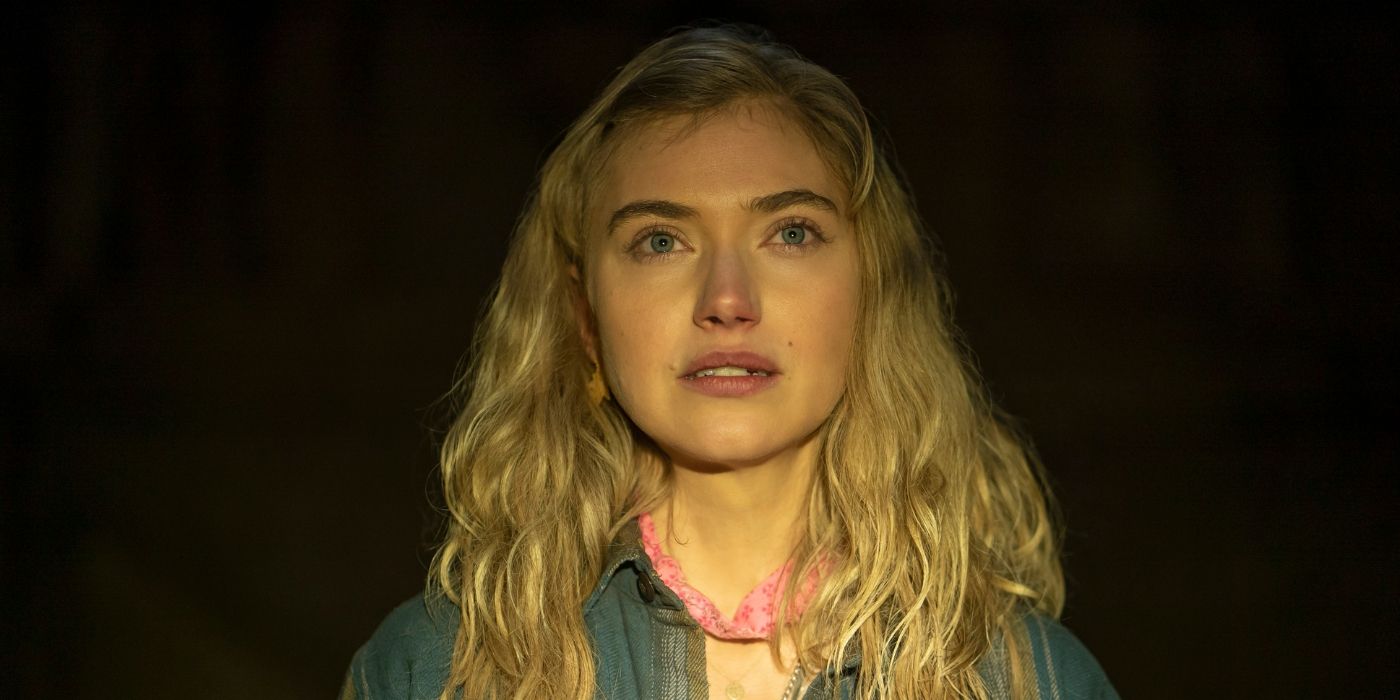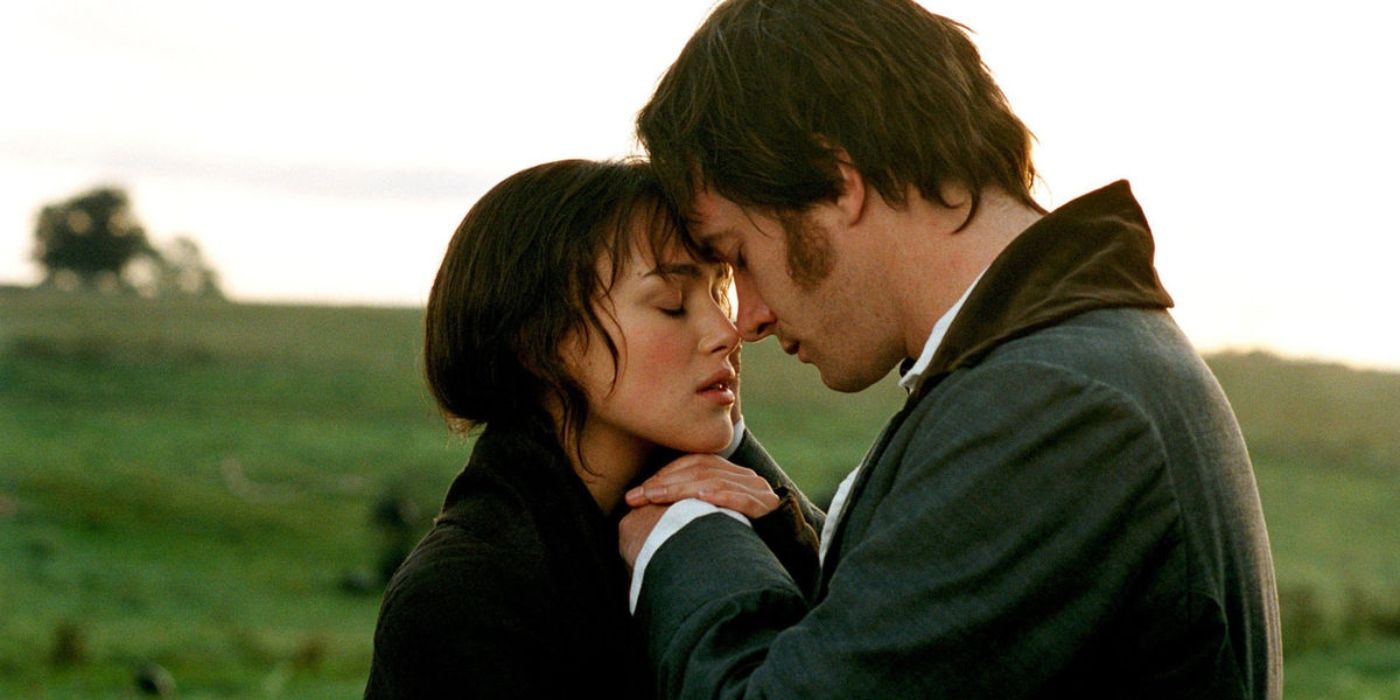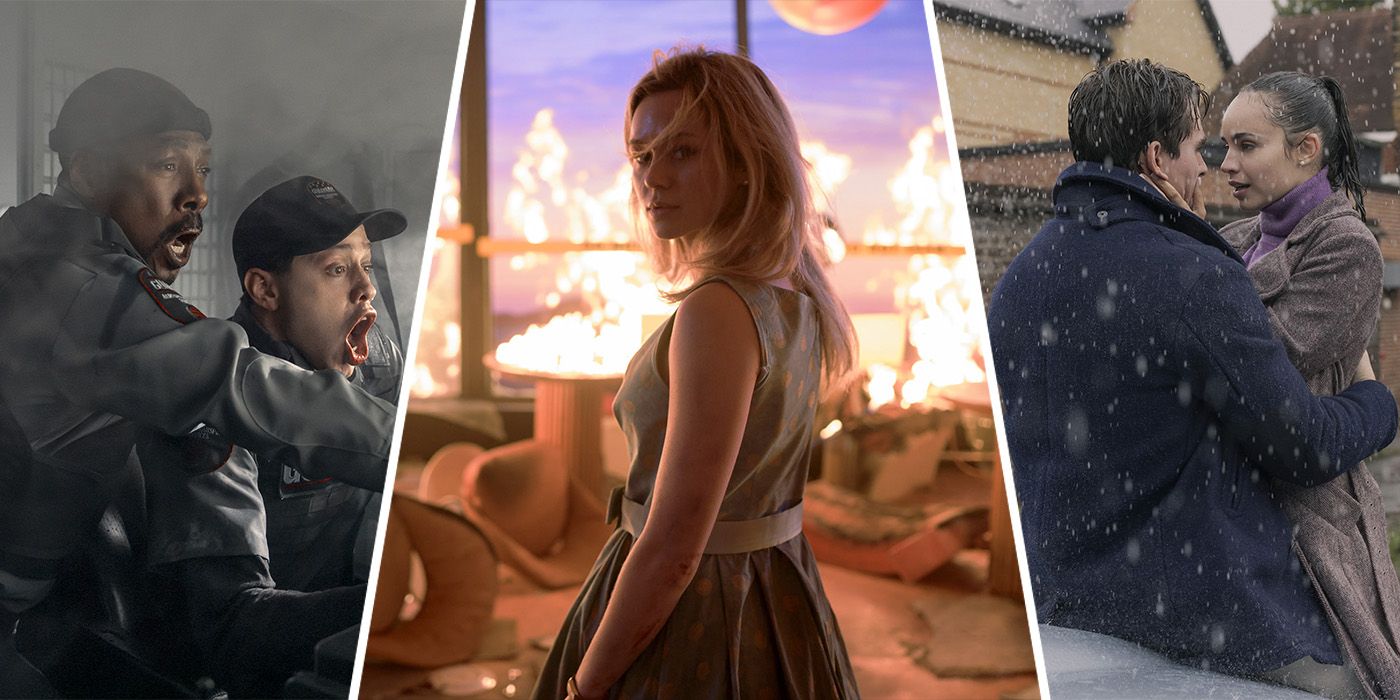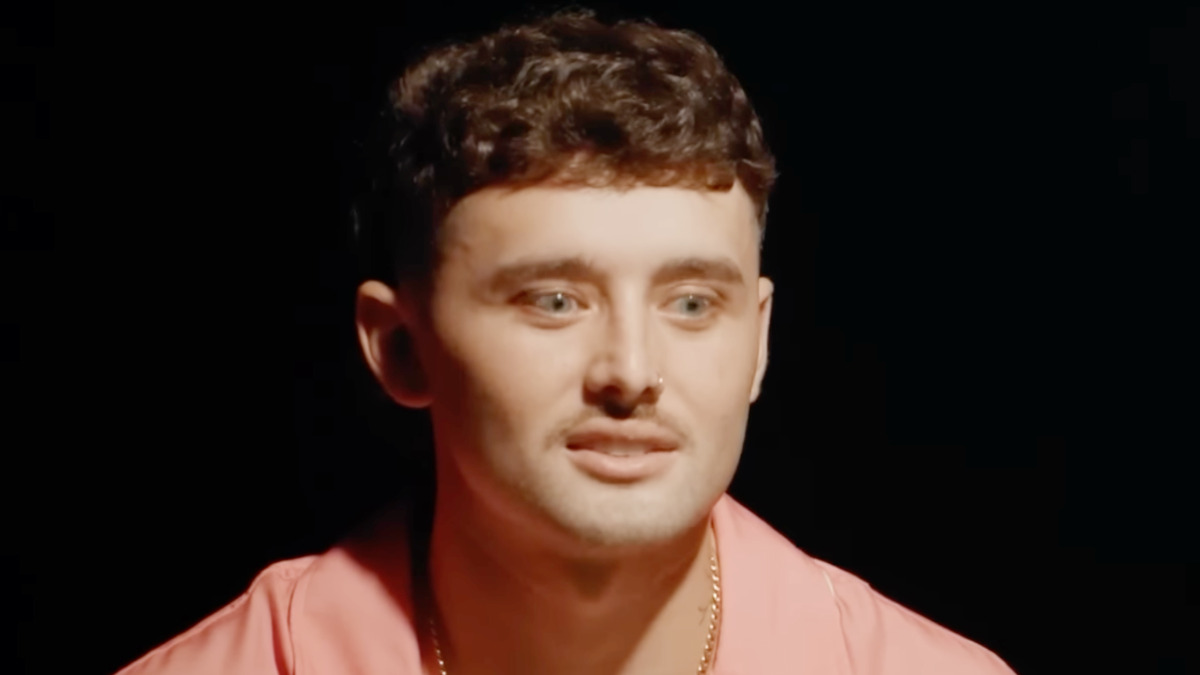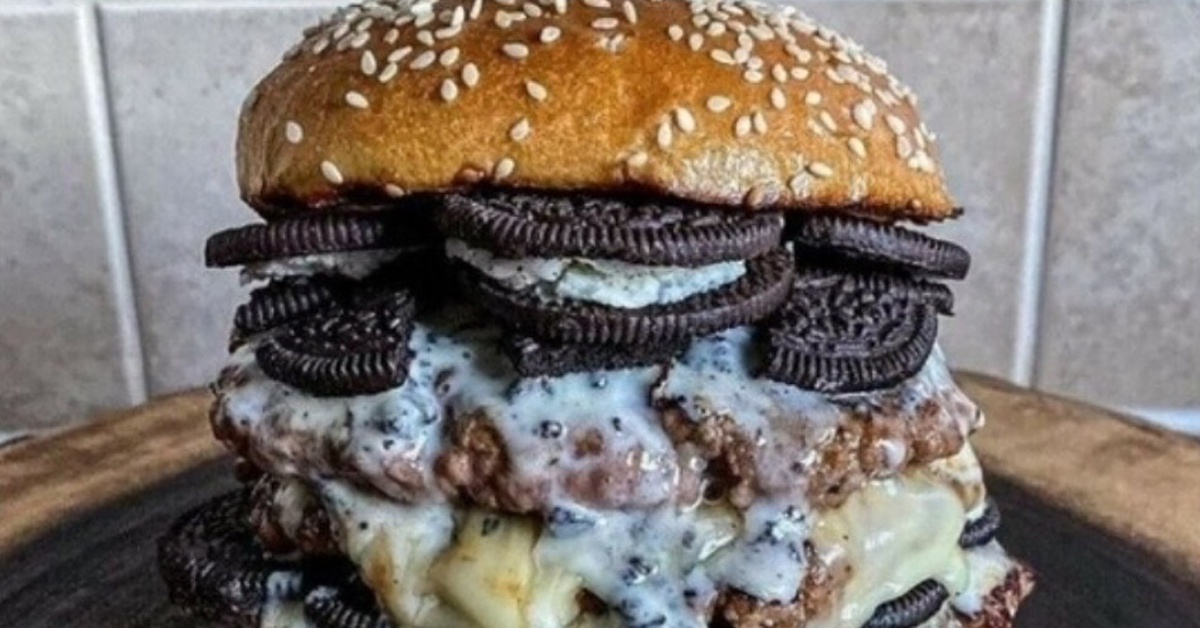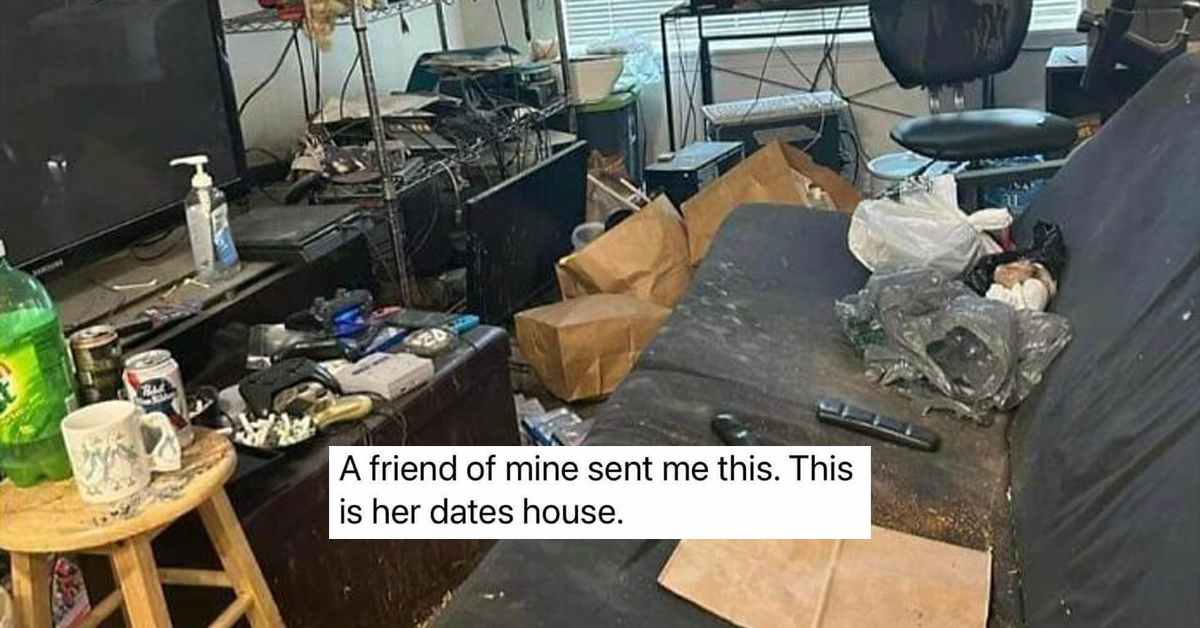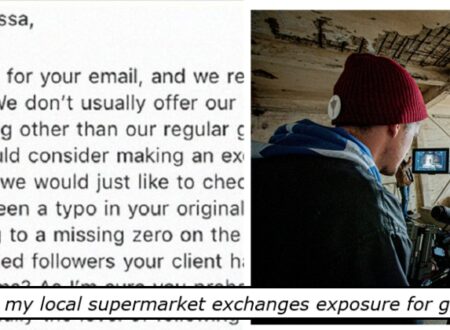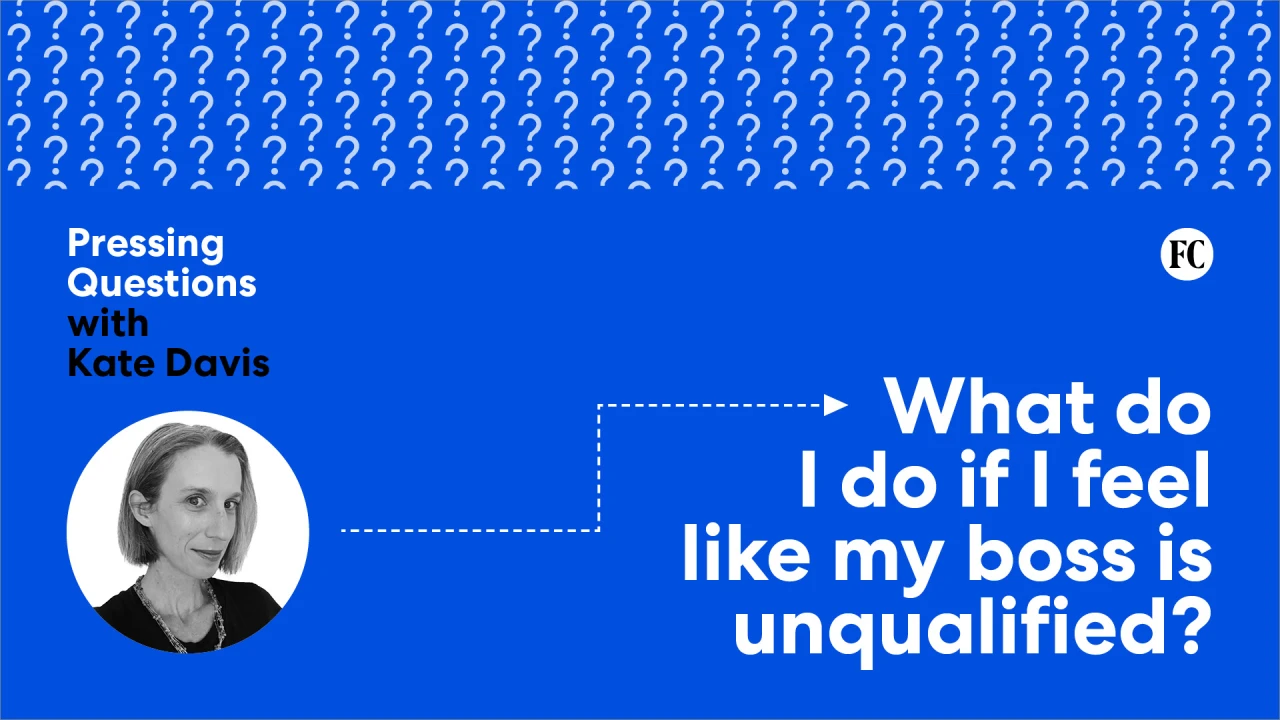Why ‘The Naked Gun’ reboot could revive more than just a franchise
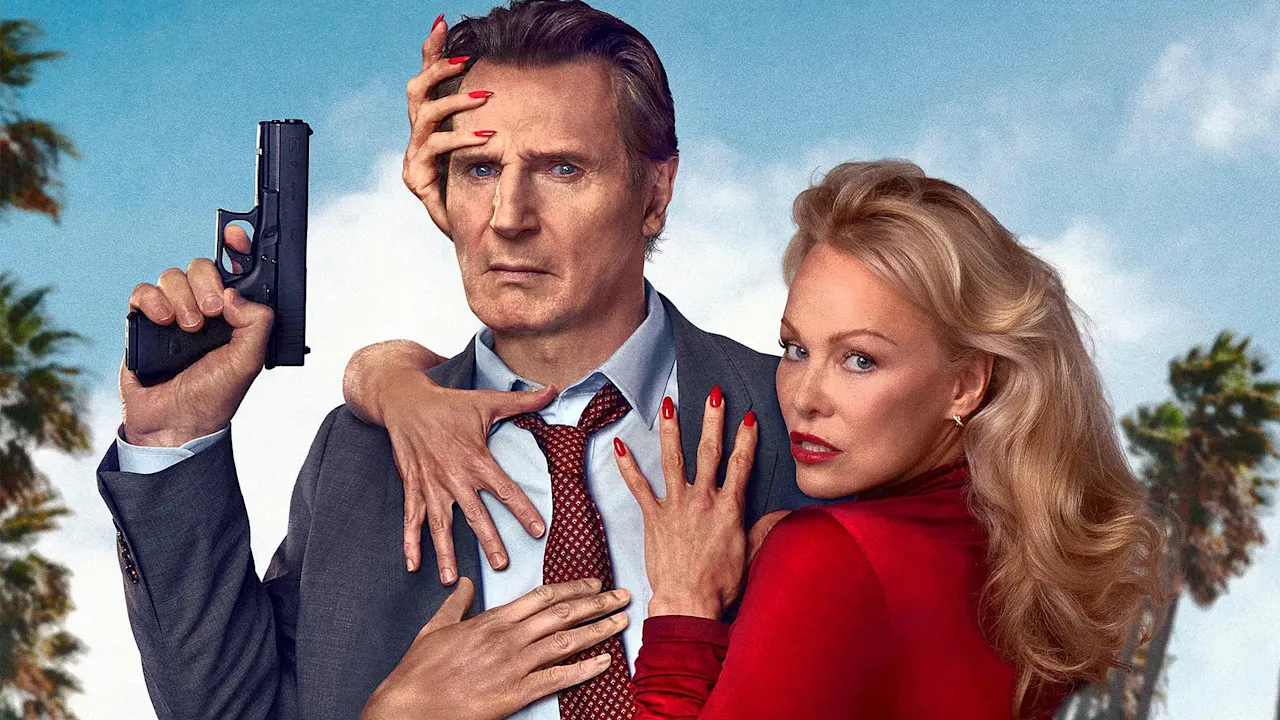
Even the world’s most bumbling detective could probably figure out why there haven’t been any comedy blockbusters lately. Amid all the rampaging dinosaurs, broods of superheroes, and live-action Disney characters who technically are not alive, no major comedies whatsoever have graced big screens this summer. (Or last summer.) That’s about to change, though.
The Naked Gun reboot careens into theaters this weekend, with Liam Neeson filling in as the film’s leading man for Leslie Nielsen as shambolic police detective Frank Drebin (this isn’t a 007 situation—Neeson’s Drebin is Nielsen’s son).
A spoof franchise that’s lain dormant for three decades might not quite sound like a recipe for box office gold (even if it has been a recipe for romance). But Paramount reportedly has a lot of faith in the project, opening it wide against family friendly animated flick The Bad Guys 2. Helmed by Akiva Schaffer, part of the Lonely Island trio with Andy Samberg, The Naked Gun has already won over critics, with reviews hailing it as the funniest movie in years. If it hits hard, it won’t just reignite the series, but potentially restore executives’ faith in theatrically released comedies—which makes it kind of scary to contemplate what will happen if it flops.
When a comedy connects with a packed theater crowd, the energy is electric. Synchronized belly laughs come tumbling out at every turn, seemingly summoned by the rhythm and sheer force of roiling collective joy. It’s a visceral, physiological experience, akin to audiences gasping and screaming together at a horror movie. But unlike horror movies, pure comedies rarely make it to the big screen anymore—at least not without modifiers like family-, action-, or indie-.
Where have all the comedy blockbusters gone?
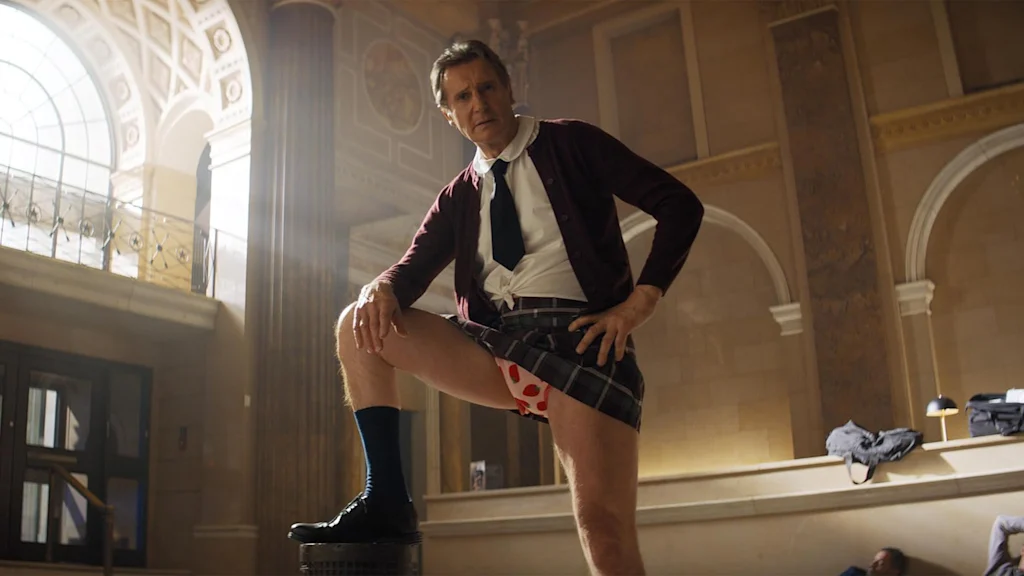
When comedy was more common
In 2005, Batman Begins kicked off Christopher Nolan’s Dark Knight trilogy. It was a massive hit, propelling Christian Bale to stardom and helping usher in the modern era of superhero movies. What now seems lost to history about the film’s success, however, is that it was slightly exceeded by the Vince Vaughn goof-fest Wedding Crashers, which earned $209 million to Batman Begins’s $206 million at the domestic box office—on roughly a quarter of the budget.
Wedding Crashers was an unusually big comedy 20 years ago, but not that unusual. It was one of 28 from the genre to reach the top 100 highest-grossers that year—a list that, in domestic box office returns, includes Will Smith’s Hitch ($179 million), the Ben Stiller versus Robert De Niro sequel Meet the Fockers ($146 million), and The 40-Year-Old Virgin ($109 million), which kicked off Judd Apatow’s reign as something of a raunch-comedy auteur. The following year had even more comedies in the top 100, including Borat ($128 million) and Will Ferrell’s Talladega Nights ($148 million).
Typically cheaper to make than special-effects-driven blockbusters, comedies remained a wildly profitable part of the box office throughout the early 2010s. As established stars like Vaughn and Adam Sandler began shedding some of their box office potency, new comedic heroes like Zach Galifianakis (The Hangover, $277 million) and Melissa McCarthy (The Heat, $159 million) emerged, right on schedule, to pick up the slack.
By the back half of the decade, though, there seemed to be nothing but slack.
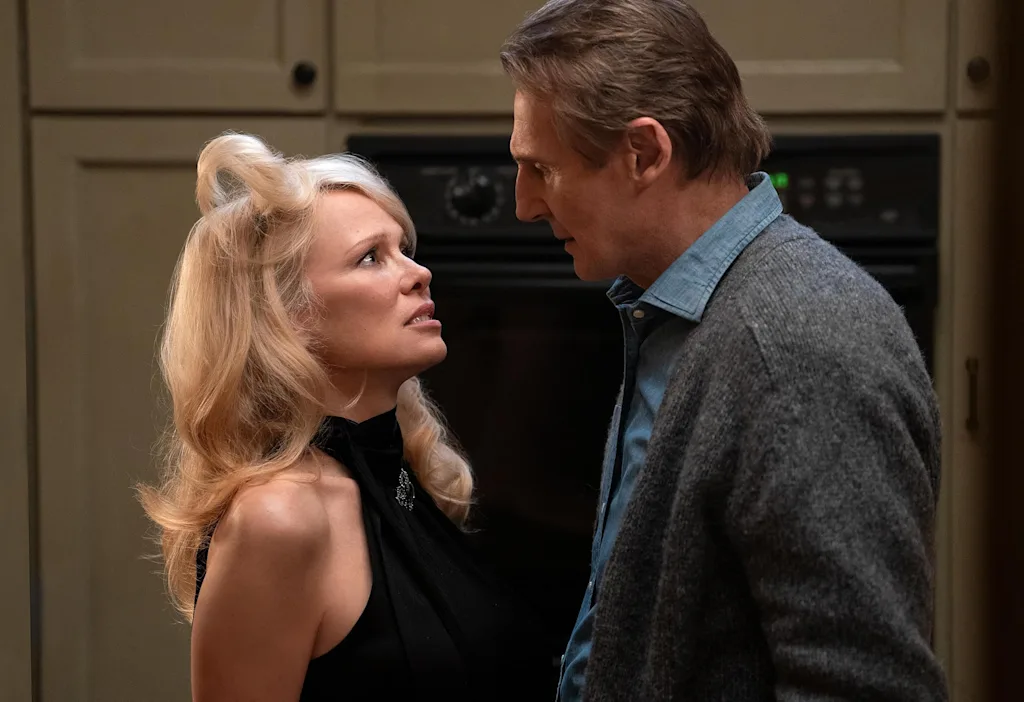
The case of the vanishing chuckles
Sandler saw the writing on the wall fairly early. In 2014—the same year that Blended, his reunion with Wedding Singer costar Drew Barrymore, grossed a relatively paltry $46 million—Sandler signed his first deal with Netflix to make comedies that live exclusively on the streaming platform. It was an ominous, accurate indicator that original streaming content was coming to eat the box office’s lunch—and comedies appeared to be first on the menu.
The revolution rolled in gradually. In 2015, Apatow had his last big hit to date with Trainwreck, which made $110 million and anointed Amy Schumer as the next major comedy movie star. Tiffany Haddish snatched that title two years later, as the breakout of Girls Trip ($115 million), but neither star managed to sustain their momentum, with returns quickly diminishing. Meanwhile, the ceiling for big-screen comedies collapsed, as well-regarded hits like 2018’s Game Night and Blockers topped out between $60 million and $70 million. (Crazy Rich Asians made a crazy rich $174 million that summer, but it’s more of a romantic comedy/drama than a pure comedy.)
Buoyed by the dominance of superhero fare like Avengers: Endgame ($858 million domestic), 2019 became the biggest box office year on record, but comedy had comparatively meager returns—cementing the conventional wisdom that the genre was no longer profitable. It coincided with the arrival of fresh streamers like Apple TV+ and Peacock, hungry for exclusive content, and COVID-19 keeping millions of moviegoers out of theaters for years.
As far as theatrical releases go, comedy is now mostly relegated to an element that filmmakers inject into other genres. Thor: Love and Thunder ($343 million), is now a comedy. M3GAN ($95 million), with its made-to-be-memed robot dance, is a comedy. Barbie ($636 million) with its money-printing IP and the black swan event-iness of opening against Oppenheimer, is a comedy. As for pure comedies from legendary stars of the genre like Eddie Murphy, though, one need only scroll through Netflix and Prime Video, where movies like You People and Coming 2 America exclusively reside.
Big-screen comedies, it would seem, are cooked. But maybe they don’t have to be.
What’s riding on The Naked Gun hitting
The problem facing theatrical comedies now is one of expectations. As the potential for staggering worldwide grosses grew over the past two decades, studios became interested in top global performers and little else—and comedy tends not to translate well. Everything in theaters now seems to either be a $500 million juggernaut or a $20 million A24 movie made for pocket change. Whatever happened to midbudget movies and mid-level expectations?
One of the last hyped comedies to hit theaters, the 2023 Jennifer Lawrence vehicle No Hard Feelings, was considered a flop because it only made $50 million domestically on a $45 million budget. This year’s One of Them Days, however, starring Keke Palmer and SZA, took in the same total on a third of the budget, and is considered a modest hit. (A sequel is already in the works.) If audiences will turn out enough to make that comedy profitable, it stands to reason there’s a lot of untapped potential left in the genre.
With a reported $42 million budget, The Naked Gun will have to shoot a little higher to be considered a hit. If it manages to clear that magic $100 mark, though, something a pure comedy hasn’t done in ages, it could remind the decision-makers that filmgoers love to laugh. It could lay the groundwork for a big marketing push for Aziz Ansari’s filmmaking debut, Good Fortune, starring Seth Rogen, which is slated for this fall. (“I don’t buy into this theory that theatrical comedies are not a thing,” Ansari has said about his hopes for the film.) It might not take more than one or two major hit comedies before the genre is deemed theatrically viable again.
If The Naked Gun flops, however, comedy stands to be further relegated to the world of streaming, where the stakes are low and so, too often, is the level of effort.
There’s nothing funny about that.
What's Your Reaction?
 Like
0
Like
0
 Dislike
0
Dislike
0
 Love
0
Love
0
 Funny
0
Funny
0
 Angry
0
Angry
0
 Sad
0
Sad
0
 Wow
0
Wow
0




